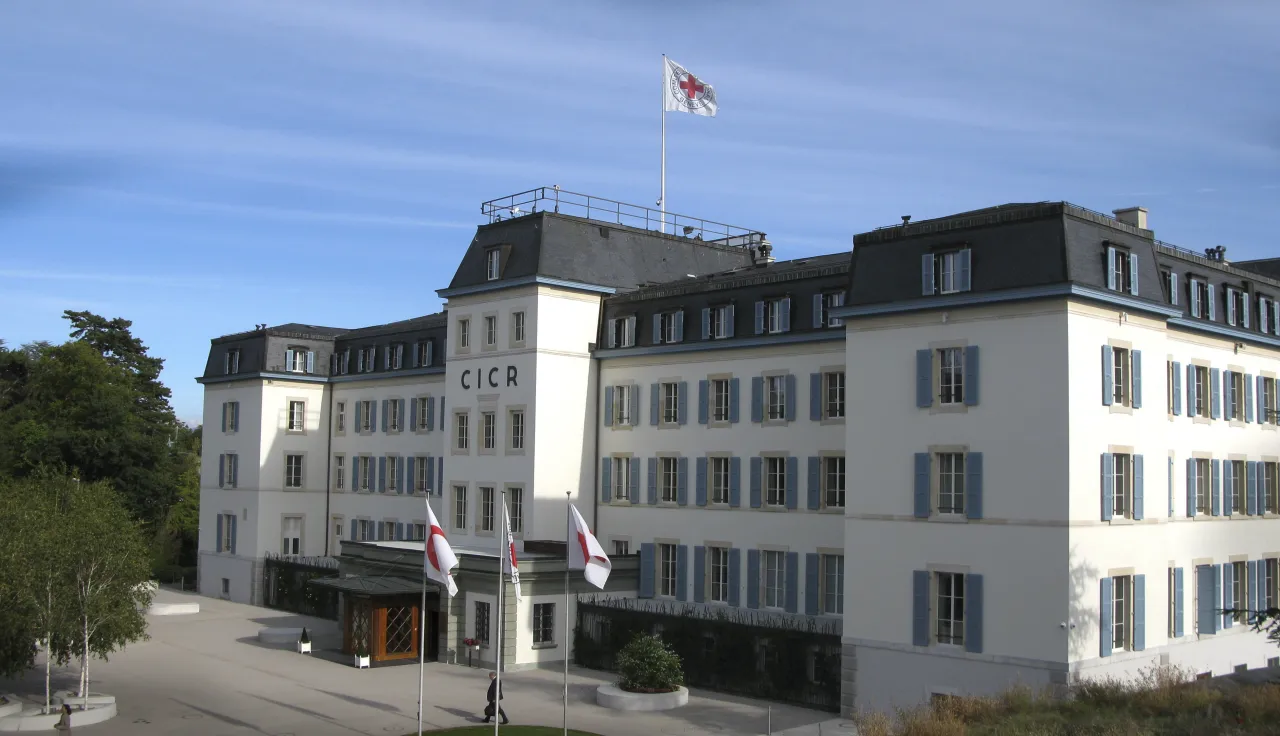Our governance and leadership
The Assembly is the highest governing body of the ICRC: it is responsible for oversight of the organization, defines the ICRC’s institutional strategy, formulates its policies and approves the annual objectives, budgets and financial statements. The Assembly Council is a subsidiary body of the Assembly, supporting it mainly with human resources and financial management of the institution. The ICRC president chairs both the Assembly and the Assembly Council and represents the ICRC in its relations with outside bodies; the vice-president assists in all these duties. The Directorate is the executive body, ensuring the ICRC’s day-to-day operational effectiveness.

